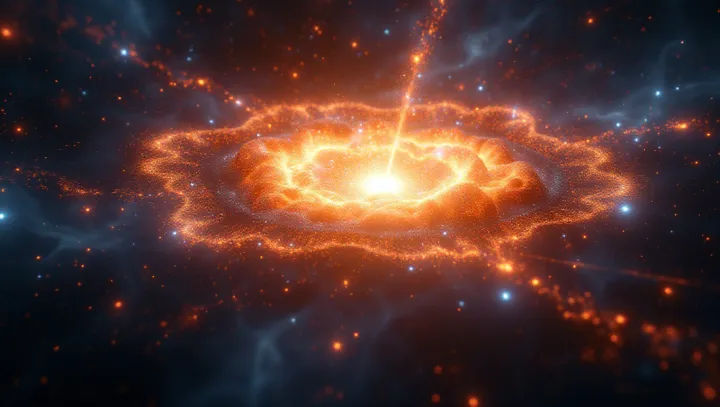Unveiling the Mysteries of the Universe

In the city of Geneva, at the forefront of cosmological research, scientists are delving deep into the universe's origins to unravel one of humanity's greatest questions: how did everything begin. Utilizing cutting-edge technology at CERN, the European Organization for Nuclear Research, these researchers are shedding light on the cosmic phenomena surrounding the Big Bang theory. The Big Bang theory, a monumental concept in astrophysics, describes the universe's initial explosion that set the cosmic evolution into motion.
This theory not only explains the formation of galaxies, stars, and planets but also plays a critical role in understanding the fundamental laws of nature and the universe's expansion. Researchers employ sophisticated instruments such as the Large Hadron Collider, seeking subatomic particles that existed mere moments after the Big Bang. As Dr.
Emily Hawking, a leading physicist at CERN, explains: 'These discoveries not only redefine scientific paradigms but also ignite a passion for understanding our place in the cosmos.' The integration of advanced technology and human curiosity continues to bridge the gap between science and wonderment. As society progresses, the implications of the Big Bang theory extend beyond academic discourse, fostering a deeper appreciation for the complex tapestry of science and the natural world.
